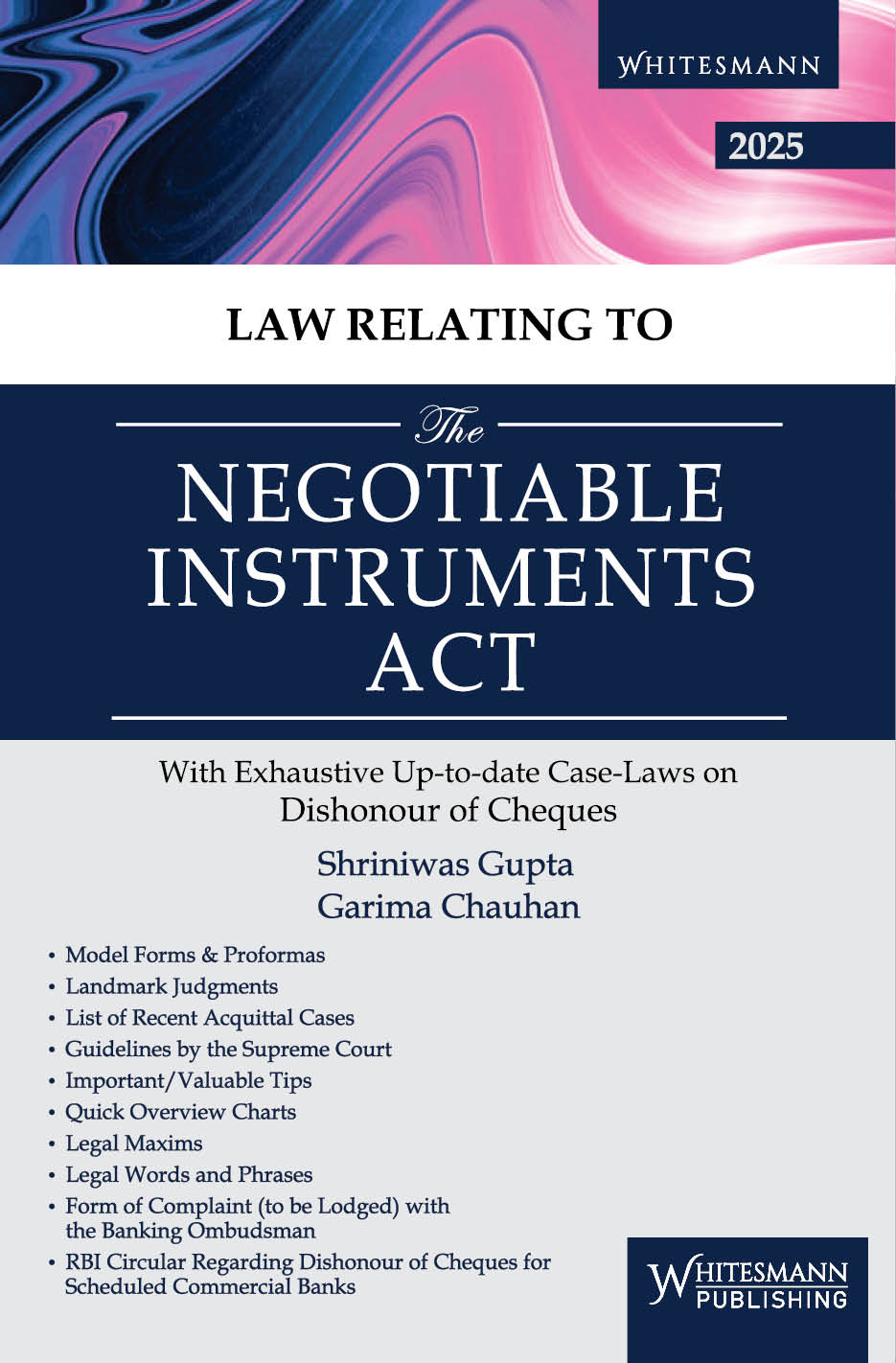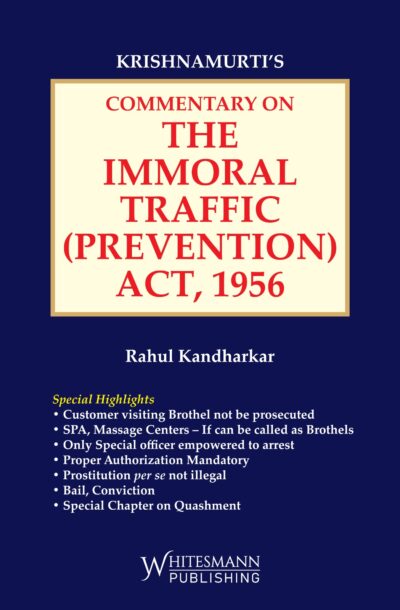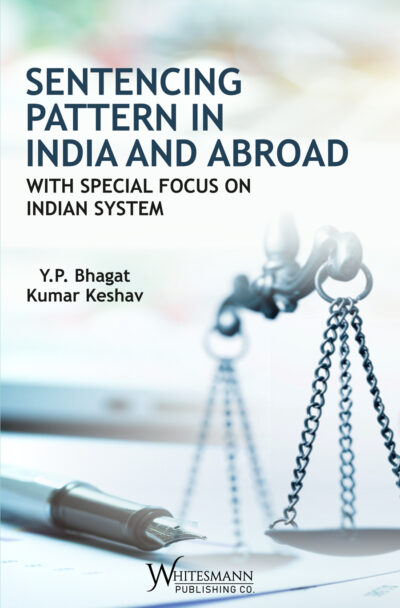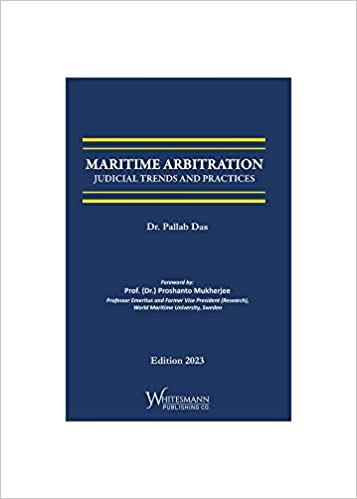Law relating to the negotiable instruments act
Original price was: ₹2,995.₹2,395Current price is: ₹2,395.
Description
The law relating to the Negotiable Instruments Act, 1881 (India) governs the use and handling of negotiable instruments such as cheques, promissory notes, and bills of exchange. It ensures trust and efficiency in financial transactions. Below is a comprehensive overview:
—
📘 Overview of the Negotiable Instruments Act, 1881
🏛️ Objective:
To define and amend the law relating to promissory notes, bills of exchange, and cheques and to facilitate their use in commercial transactions.
—
🔑 Key Features of the Act
1. Important Definitions
Negotiable Instrument (Section 13): A promissory note, bill of exchange, or cheque payable either to order or bearer.
Holder: A person entitled to possess the instrument and recover the amount.
Holder in Due Course: A person who obtains the instrument in good faith and for value before maturity.
—
2. Types of Negotiable Instruments
Promissory Note (Section 4): A written promise to pay a certain sum to a certain person.
Bill of Exchange (Section 5): An order by one person to another to pay a sum of money.
Cheque (Section 6): A bill of exchange drawn on a specified banker and payable on demand.
—
3. Presumptions (Sections 118-119)
The law presumes:
Consideration exists
Date is correct
Transfer was before maturity
Endorsements are in order
Holder is a holder in due course (unless proved otherwise)
—
4. Dishonour and Penalties
Cheque Dishonour (Sections 138-142):
If a cheque is returned due to insufficient funds, it constitutes an offence.
Legal Requirements:
Presentation of cheque within 3 months
Notice to drawer within 30 days
Drawer fails to pay within 15 days of notice
Punishment:
Imprisonment up to 2 years and/or fine up to twice
Additional information
| Binding | Paperback |
|---|---|
| Language | English |
| Publisher | Whitesmann Publishing Co. |
You must be logged in to post a review.










Reviews
There are no reviews yet.